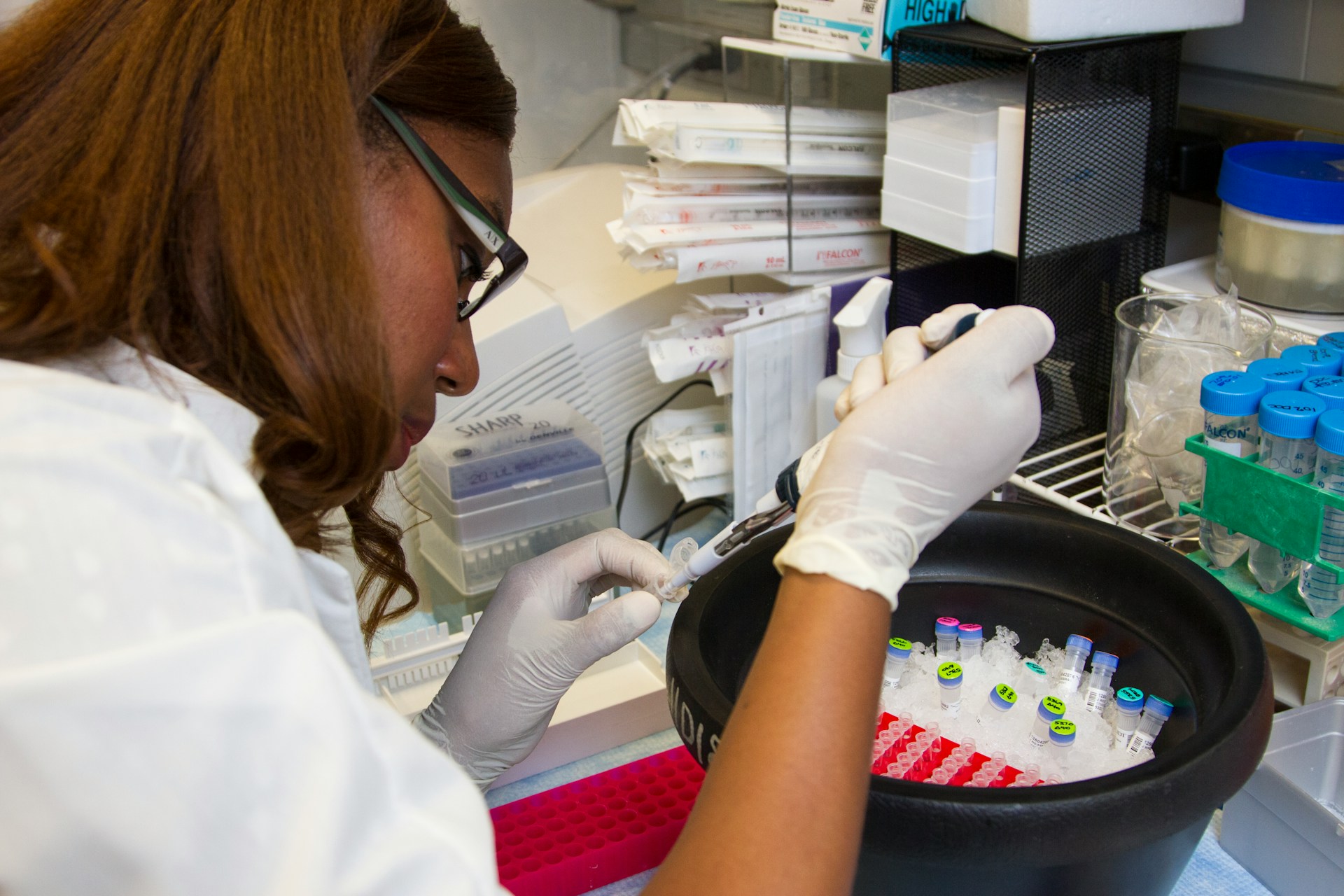Caribou Biosciences, a biotech company founded in 2011 by prominent scientists Jennifer A. Doudna, Rachel E. Haurwitz, Martin Jinek, and James Berger, is pushing the boundaries of cell therapy development. Headquartered in Berkeley, California, the firm is gaining recognition for its work in creating an internal pipeline of cutting-edge CAR-T and CAR-NK therapies designed to treat various diseases.
Focus on CAR-T and CAR-NK Cell Therapies
Caribou Biosciences is focused on developing “off-the-shelf” cell therapies using CAR-T and CAR-NK technologies. These therapies are primarily aimed at treating cancers, including blood cancers like leukemia and lymphoma. CAR-T therapy is a form of treatment where T cells, a type of white blood cell, are genetically engineered to fight cancer. Caribou’s approach involves using CRISPR-based gene-editing techniques to improve the efficacy and safety of these therapies.
CAR-NK therapy, which involves the use of natural killer (NK) cells, is another area where the company is making strides. NK cells, unlike T cells, are a type of immune cell that can attack and kill cancer cells directly. By leveraging the gene-editing technology that the founders helped pioneer, Caribou is creating more effective and targeted treatments.
Technologies Enabling Breakthroughs
The tools and technologies developed by Caribou are not limited to therapeutic applications. They also provide critical advancements in various areas, including basic biological research, agricultural biotechnology, and industrial biotechnology. The company’s gene-editing technology, based on CRISPR, has wide-ranging applications beyond healthcare. In the field of agriculture, for example, it enables the development of crops that are more resistant to diseases and environmental stresses.
In the industrial sector, Caribou’s technologies are helping to improve the production processes for various bioproducts, making them more efficient and sustainable. These applications demonstrate the company’s broad impact across multiple industries, positioning it as a leader in biotechnology innovation.
Pioneers in CRISPR Technology
The founders of Caribou Biosciences are recognized as pioneers in the development of CRISPR technology, which has revolutionised gene editing. Jennifer A. Doudna, one of the co-founders, is particularly well-known for her groundbreaking work in the field, which earned her a Nobel Prize in Chemistry in 2020. Doudna, alongside her colleagues, contributed significantly to the development of CRISPR-Cas9, a powerful tool that allows for precise modification of DNA.
By using this technology, Caribou has been able to develop therapies that are more precise, potentially safer, and more effective compared to traditional methods. Their work has opened up new possibilities in the treatment of diseases that were previously difficult or impossible to target.
Expanding Impact Across Multiple Fields
Caribou’s impact is not confined to the medical field. In agricultural biotechnology, the company’s tools are being used to engineer plants that can better withstand diseases and environmental pressures, potentially revolutionising food production. This technology could play a significant role in addressing global challenges such as food security and climate change.
The firm is also advancing industrial biotechnology by improving the efficiency of bio-based production processes. These innovations are critical for creating more sustainable industrial practices, contributing to the development of environmentally friendly alternatives to traditional manufacturing methods.
Future Prospects and Growth
With its strong foundation in gene-editing technology and its focus on developing transformative therapies, Caribou Biosciences is poised for continued growth. The company’s leadership in the field of CAR-T and CAR-NK therapies, coupled with its broad application of CRISPR technology across various sectors, positions it as a key player in the biotechnology industry.
As the demand for innovative treatments and sustainable solutions continues to grow, Caribou’s technologies are likely to become even more integral to both healthcare and other industries. Their advancements in cell therapy, agricultural biotechnology, and industrial processes will likely have a lasting impact on society, underscoring the importance of biotechnology in shaping the future.
In conclusion, Caribou Biosciences stands at the forefront of a new era in gene editing and cell therapy development. By harnessing the power of CRISPR, the company is not only addressing some of the most pressing challenges in medicine but also paving the way for significant innovations in agriculture and industry. As the biotech sector continues to evolve, Caribou is well-positioned to lead the charge in developing cutting-edge solutions that benefit both people and the planet
